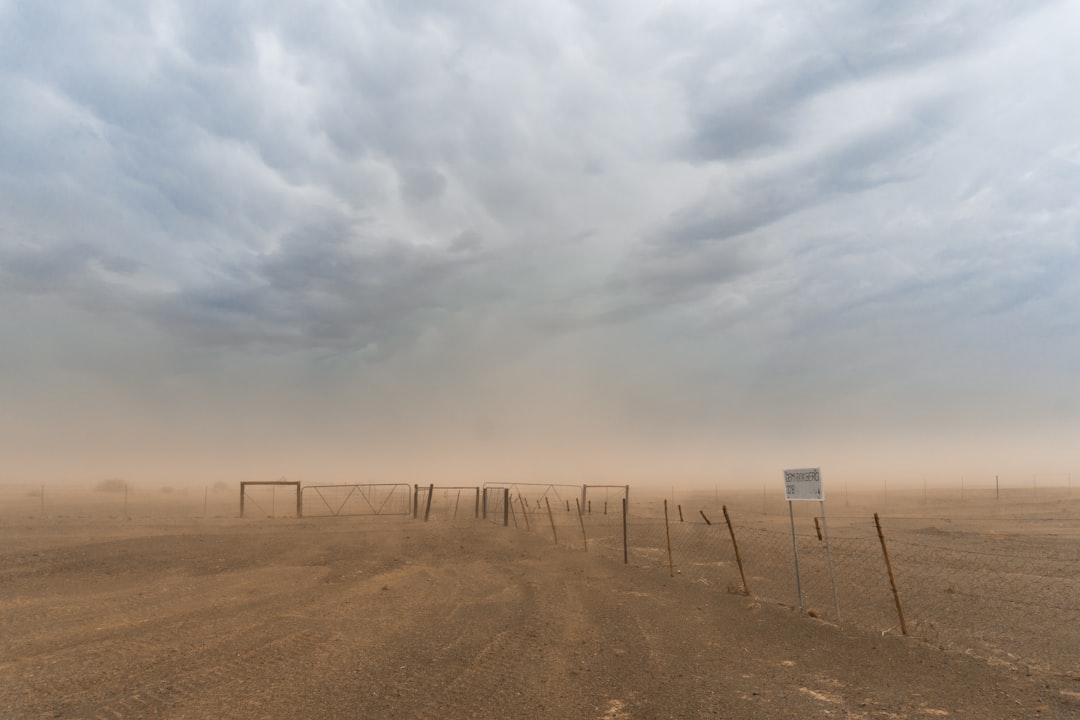What is it about?
Irrigation for agriculture is fundamental in the Serpis River Basin (Spain), with 72% of its water used for agricultural purposes. However, the basin is also facing increasing climate change impacts. This study proposes an extension of the eco-engineering decision scaling (EEDS) method to assess the trade-offs between agricultural and environmental (river habitat) metrics under a range of future hydrological and climate conditions. The extended EEDS method is applied to the Serpis River Basin to evaluate current water resource management rules, identify potential climate hazards, and assess climate risk over three time horizons. The results suggest that adaptive water management strategies are essential to ensure the long-term sustainability of agriculture and ecosystem health in the Serpis River Basin.
Featured Image

Photo by Laureen Missaire on Unsplash
Why is it important?
Because many river basins worldwide are facing similar threats of climate change. The eco-engineering decision scaling (EEDS) method is very useful to assess the trade-offs between agricultural and environmental metrics under a range of future hydrological and climate conditions. With the generated information, a vulnerability analysis was done; that means the user can determine in which combination of metrics (hydrological, management variables, environmental) the system will be threaten, for instance of failure of water supply for irrigation, or below certain thresholds of habitat for species survival. All those considerations, defined by several stakeholders, can be considered together thanks to the EEDS approach.
Perspectives
The extension of the EEDS method is a valuable tool for evaluating the trade-offs between agricultural and ecologic metrics in the face of climate change. The method provides a systematic and comprehensive approach to assess the potential impacts of different water management strategies on both agricultural productivity and ecosystem health. The results of the study suggest that current water resource management rules are insufficient to address the projected impacts of climate change, and that adaptive management strategies are needed to ensure long-term sustainability. The identification of potential climate hazards and the assessment of climate risk over three time horizons are crucial for developing effective adaptation measures. This information can help water managers prioritize adaptation efforts and allocate resources effectively. The findings of the study underscore the importance of incorporating ecological considerations into water resource management decisions. A holistic approach that balances agricultural needs with environmental protection is essential for ensuring sustainable water use in the Serpis River Basin and other regions facing similar challenges. Overall, the research work contributes to a deeper understanding of the challenges and opportunities associated with adaptive water management in the face of climate change. The proposed extension of the EEDS method and the application to the Serpis River Basin provide valuable insights for improving water resource management practices and ensuring the sustainability of agriculture and ecosystem health in this region and beyond.
Dr. FRANCISCO Martinez-Capel
Universitat Politecnica de Valencia
Read the Original
This page is a summary of: Vulnerability assessment for climate adaptation planning in a Mediterranean basin, Hydrological Sciences Journal, June 2023, Taylor & Francis,
DOI: 10.1080/02626667.2023.2219397.
You can read the full text:
Contributors
The following have contributed to this page










